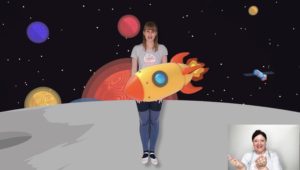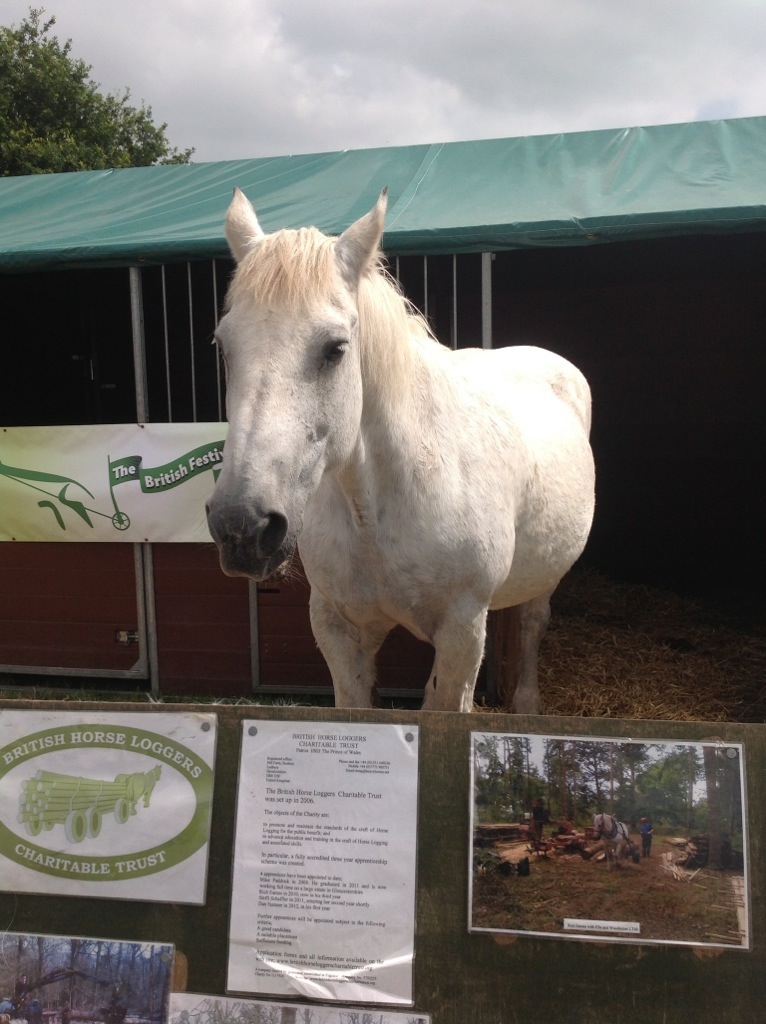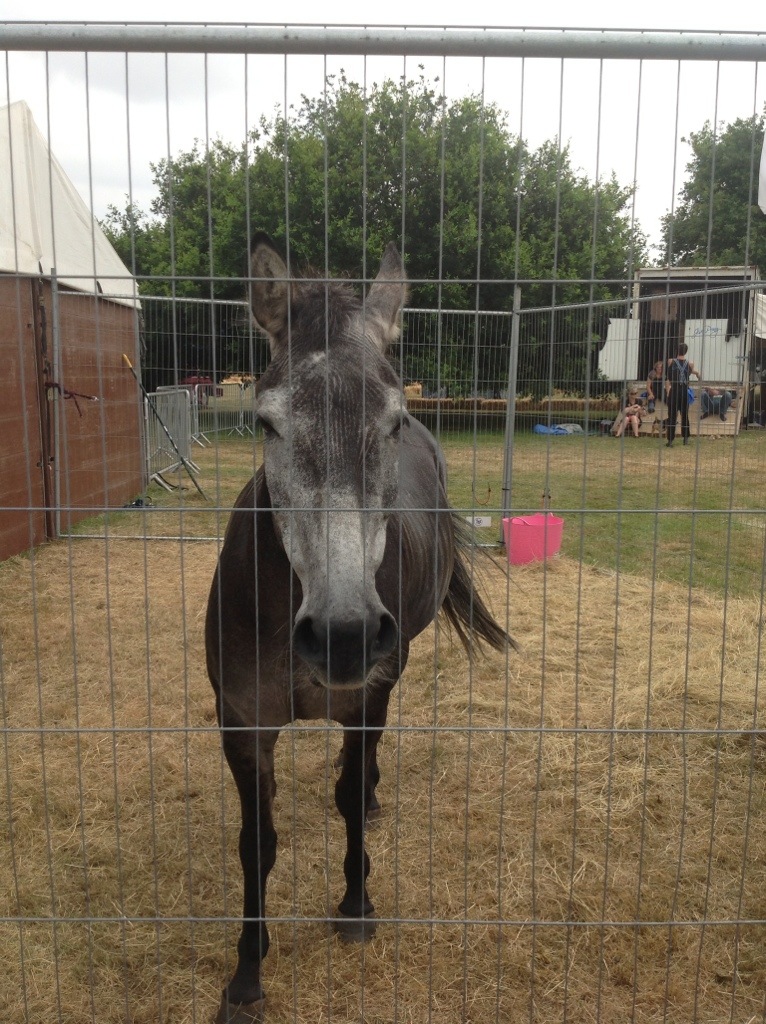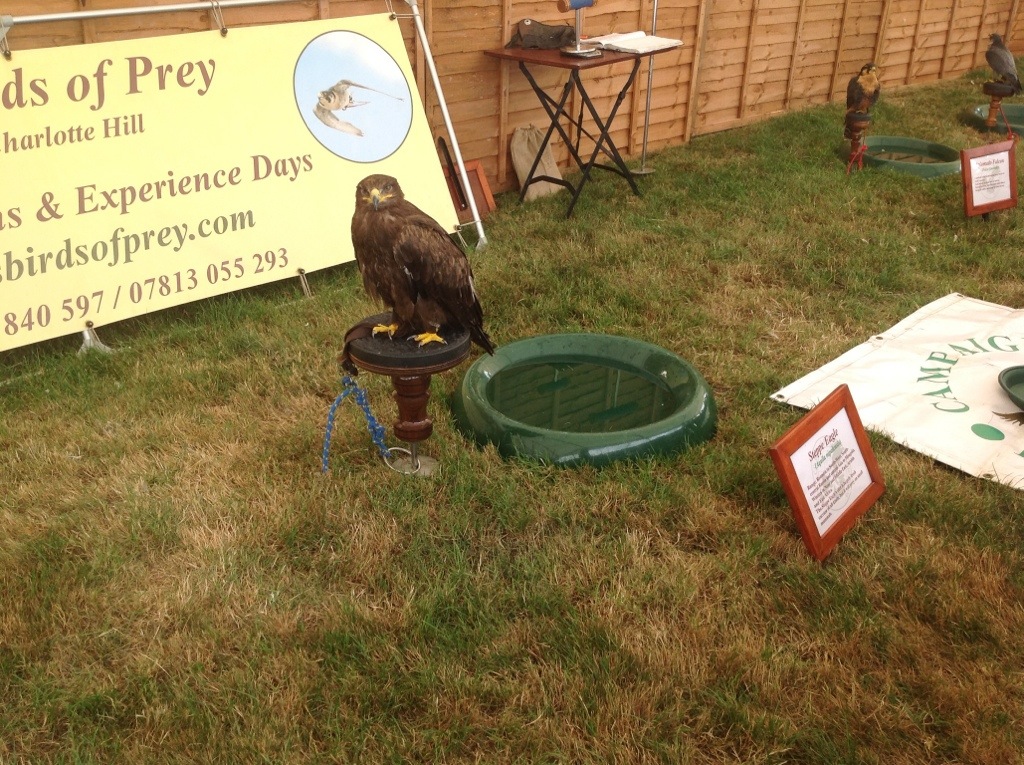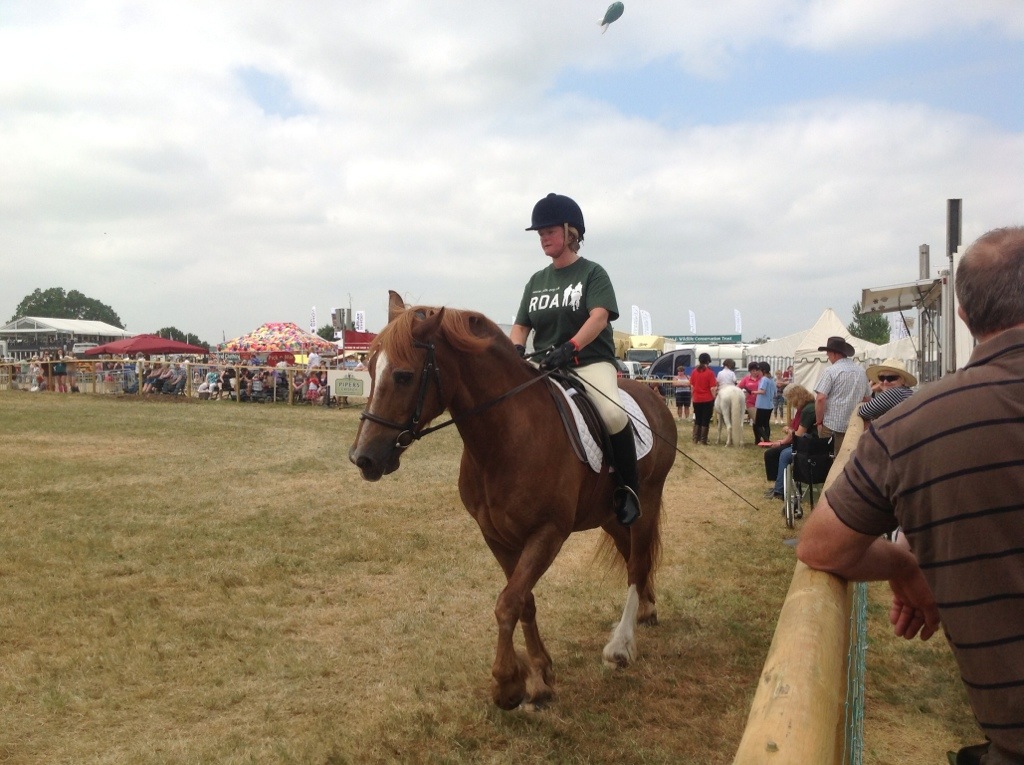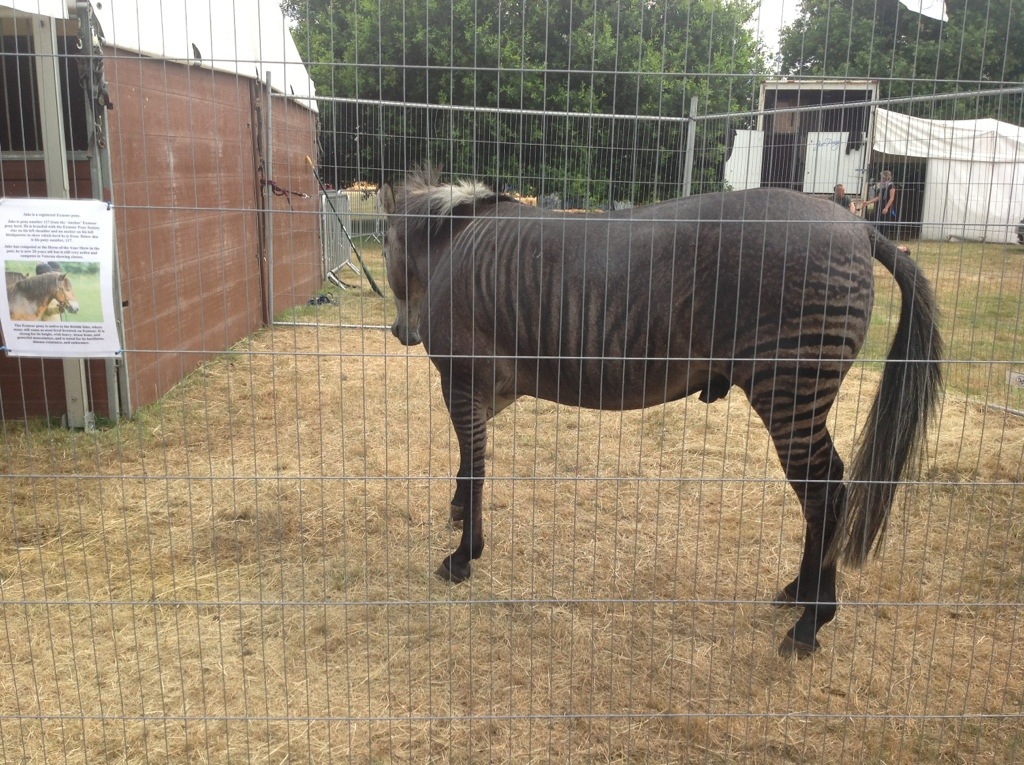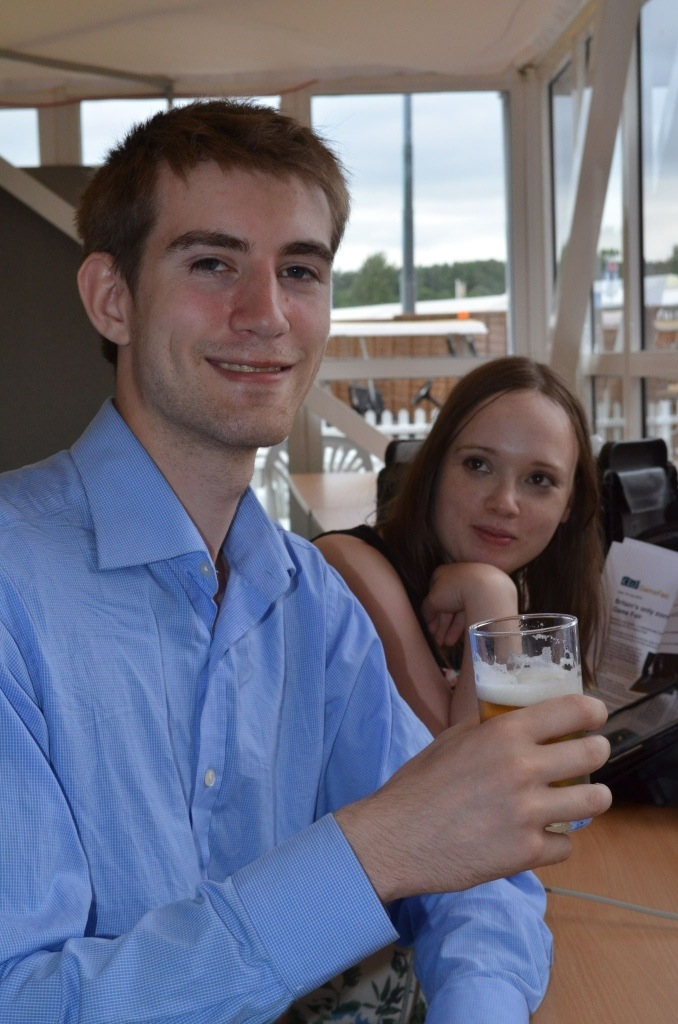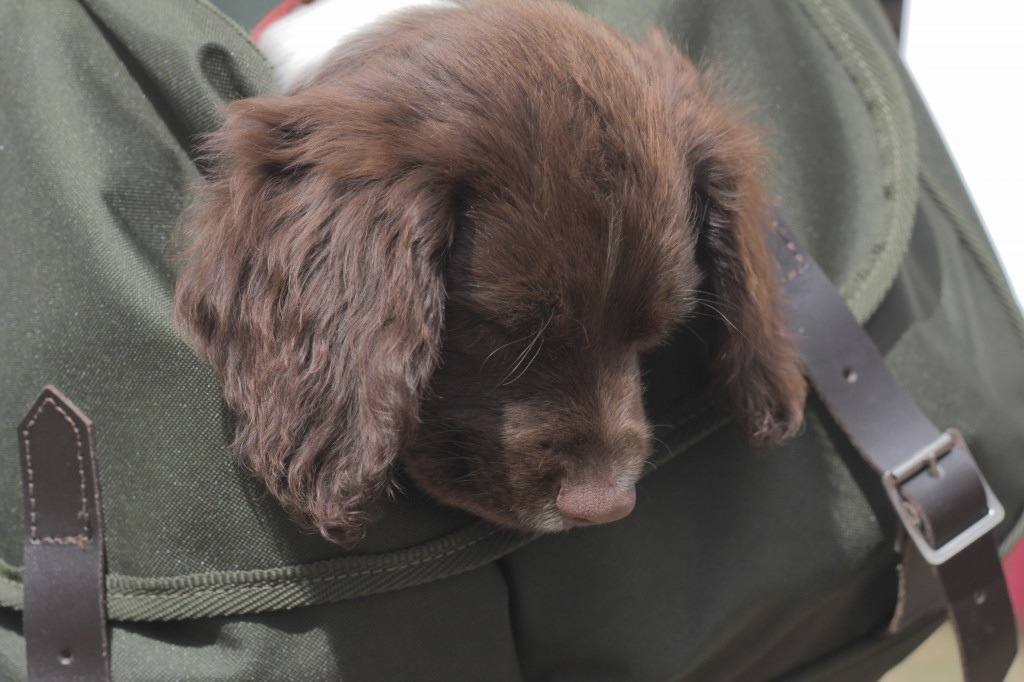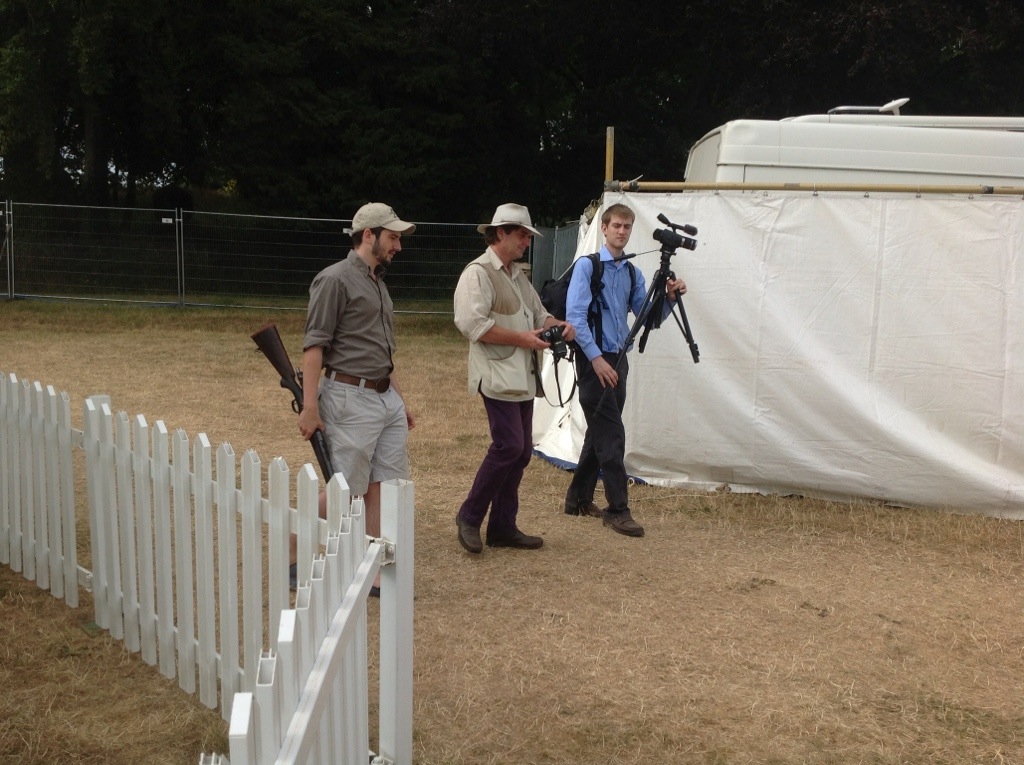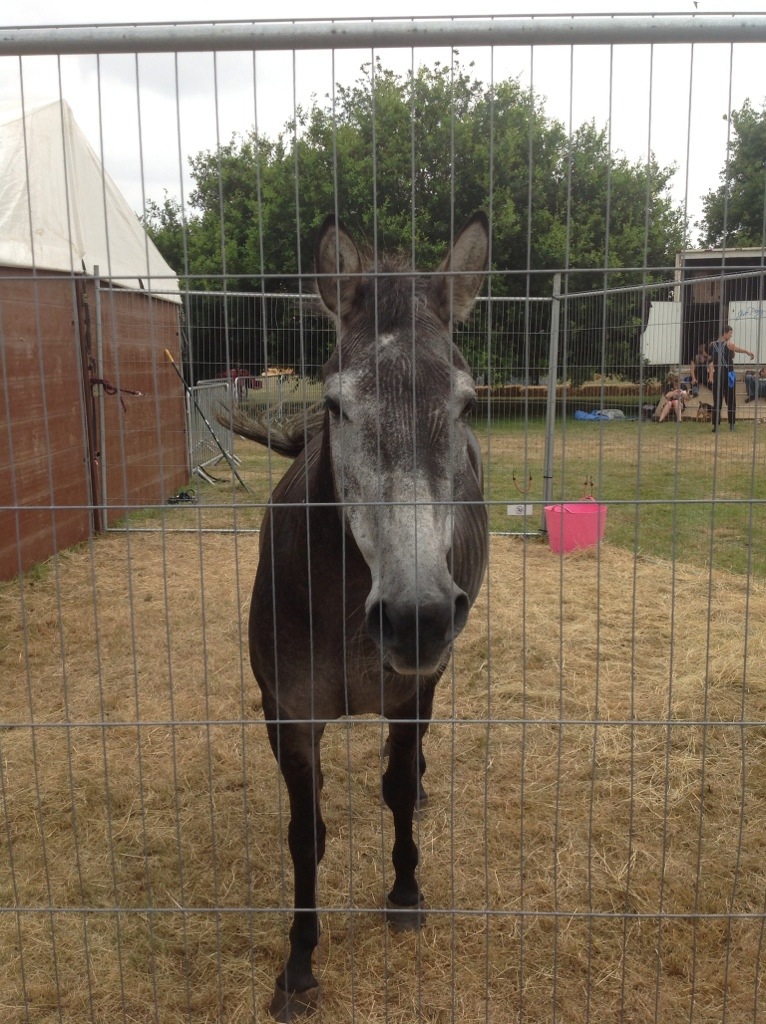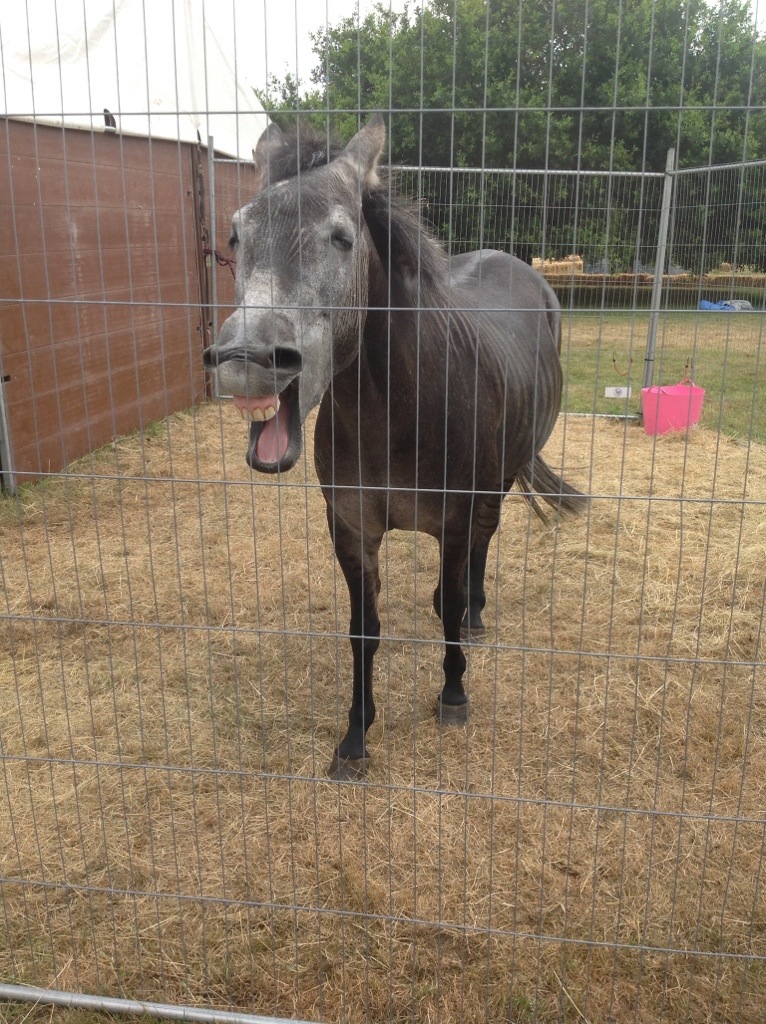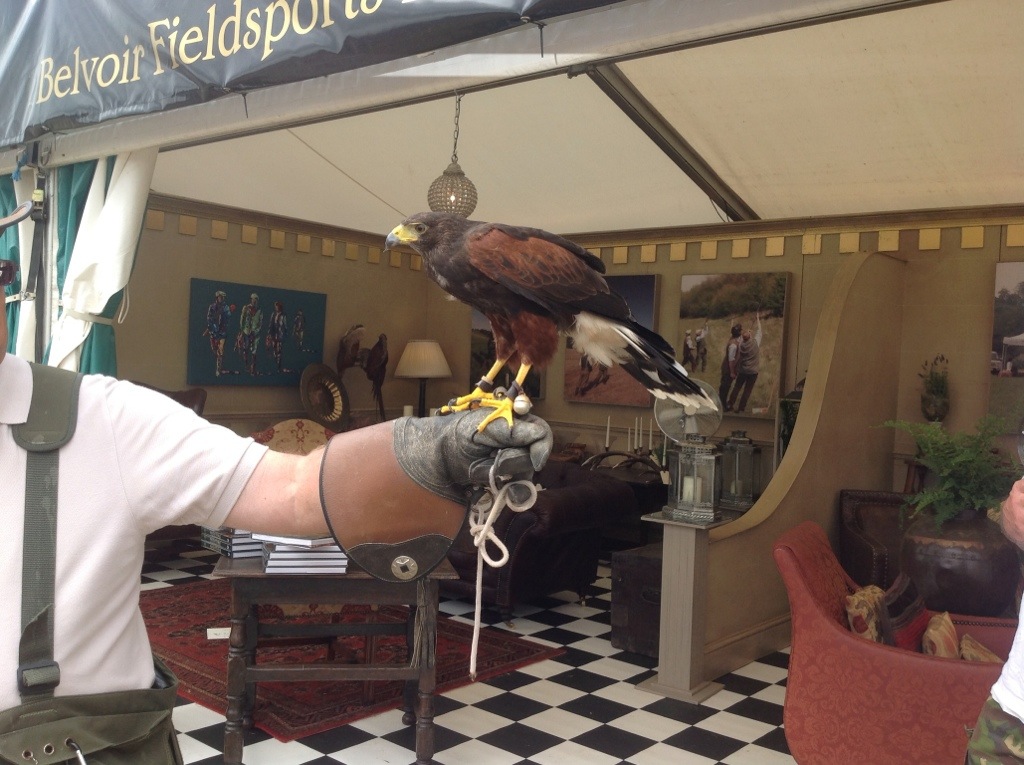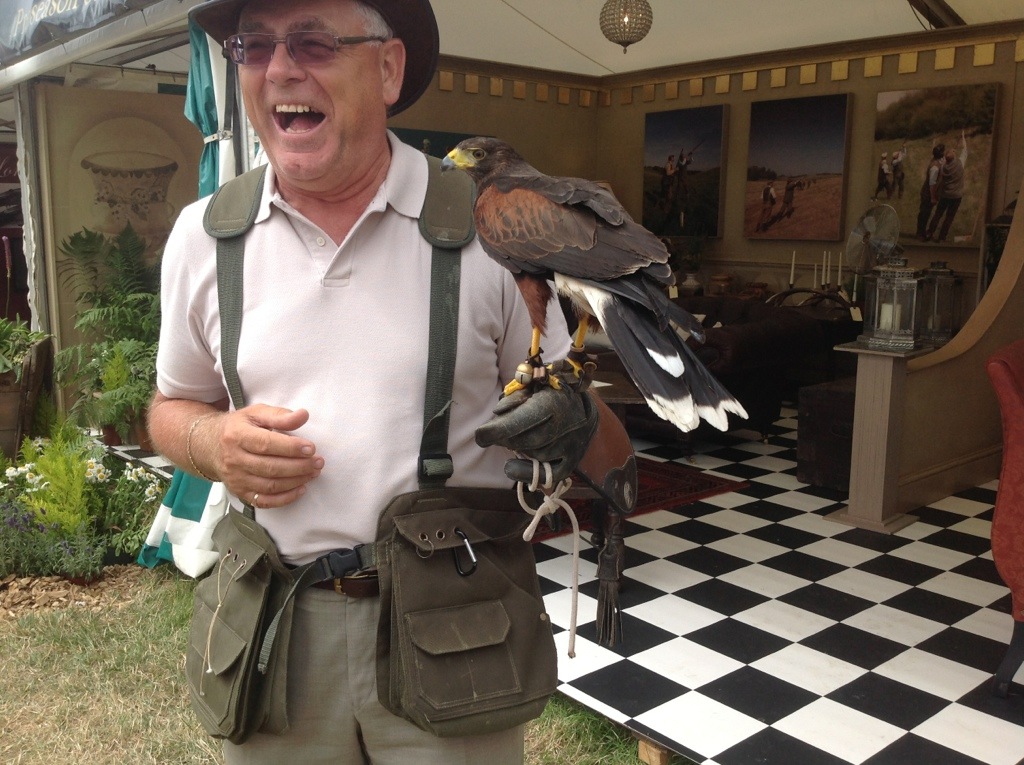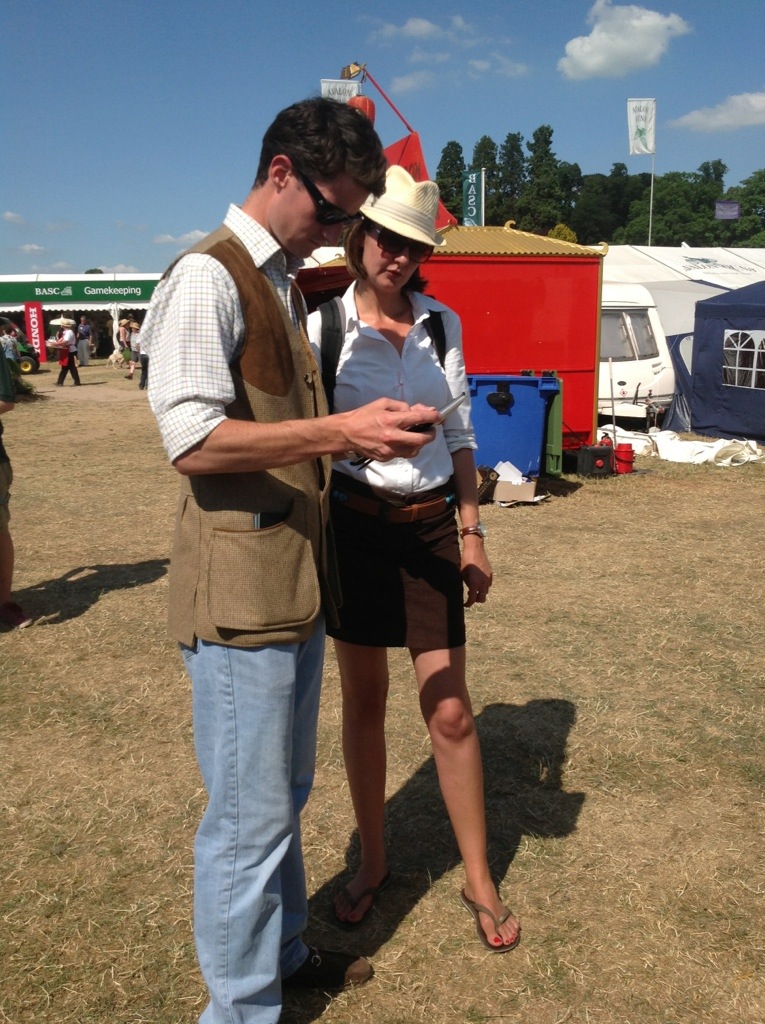- Charity Flamingo Chicks is pioneering inclusive dance classes for disabled children
- Virtual classes are designed not only for fun and fitness, but also to tackle loneliness and isolation
- Their dance classes benefit 3,000 children each year
UK charity for disabled children has produced a one of a kind series of virtual dance classes for children of all abilities, but especially aimed at those with conditions like autism, cerebral palsy, profound and multiple learning disabilities and physical impairments. Pirouetting in the footsteps of Joe Wicks, UK charity Flamingo Chicks is launching Makaton-signed and subtitled online dance classes that disabled children can do with their siblings and carers.
These unique online classes are suitable for children with a wide variety of needs, including those with complex medical needs or life limiting conditions as well as children with learning disabilities, autism, physical impairments, and children without additional needs. As in all Flamingo Chicks classes, adaptations are provided throughout, including ways parents and carers can support children with limited mobility, and ways to translate different ballet and dance movements.
Filmed using green screens with animated backgrounds, the classes not only get kids moving but immerse children in a magical world of storytelling, characterization, and music and come complete with Makaton for further accessibility.
Flamingo Chicks have even got volunteer celebrities on board to help young minds keep active, alert and engaged. These celebs have written new stories with the themes of dance and inclusion that will be illustrated and read aloud by a famous face. First up is Julie Hesmondhalgh (Coronation Street’s Hayley Cropper) reading ‘Ozi Seven Legs’!
Even in normal circumstances, life with a disabled child can be an isolating experience – a study revealed that, before the Coronavirus pandemic, two thirds (65%) of parents already reported feelings of isolation. Limited social interaction can be due to work, lack of time and money to do activities other families take for granted, fear of people’s reactions to their child.
However, the lockdown is creating new challenges for families with a disabled child. The lack of routine, the uncertainty and the added anxiety parents are experiencing about their disabled children’s vulnerability means social isolation is an even greater challenge. Many kids will no longer be getting their usual visits from their care teams, such as their physiotherapist or mental health professionals, and as a result may be showing extreme anxiety or behaviour changes.
The virtual classes are one of a number of resources created by the charity that also campaigns for a fair future for disabled children and their families and provides a peer support network for parents and carers.
Not only will they encourage dance through their online classes – the first with a SPACE theme filmed using animated green-screen technology and signed with Makaton – but the charity will also offer activities for little scientists and crafters, guided meditation and relaxation videos for parents/carers, ‘smile calls’ via video chat to provide those much needed boosts and a variety of other online resources.

